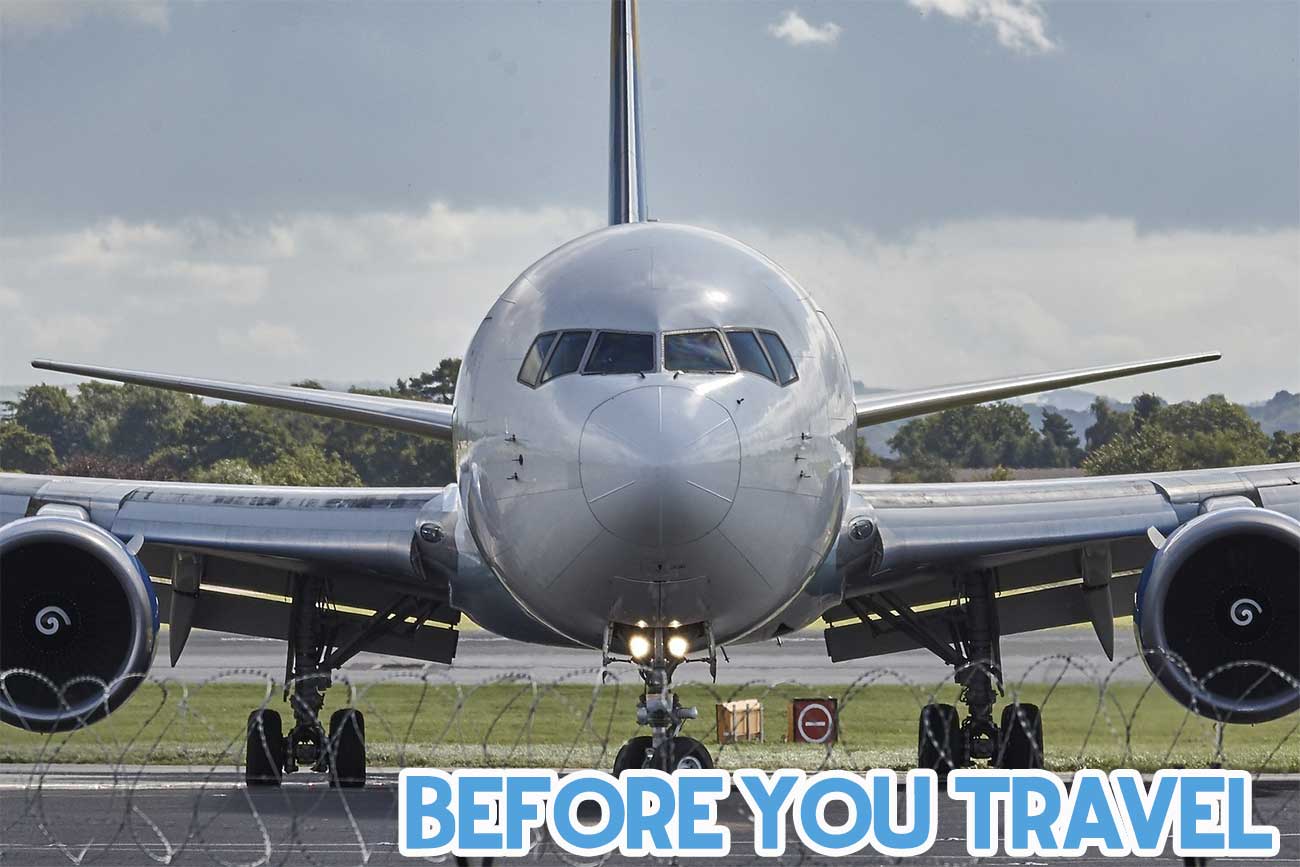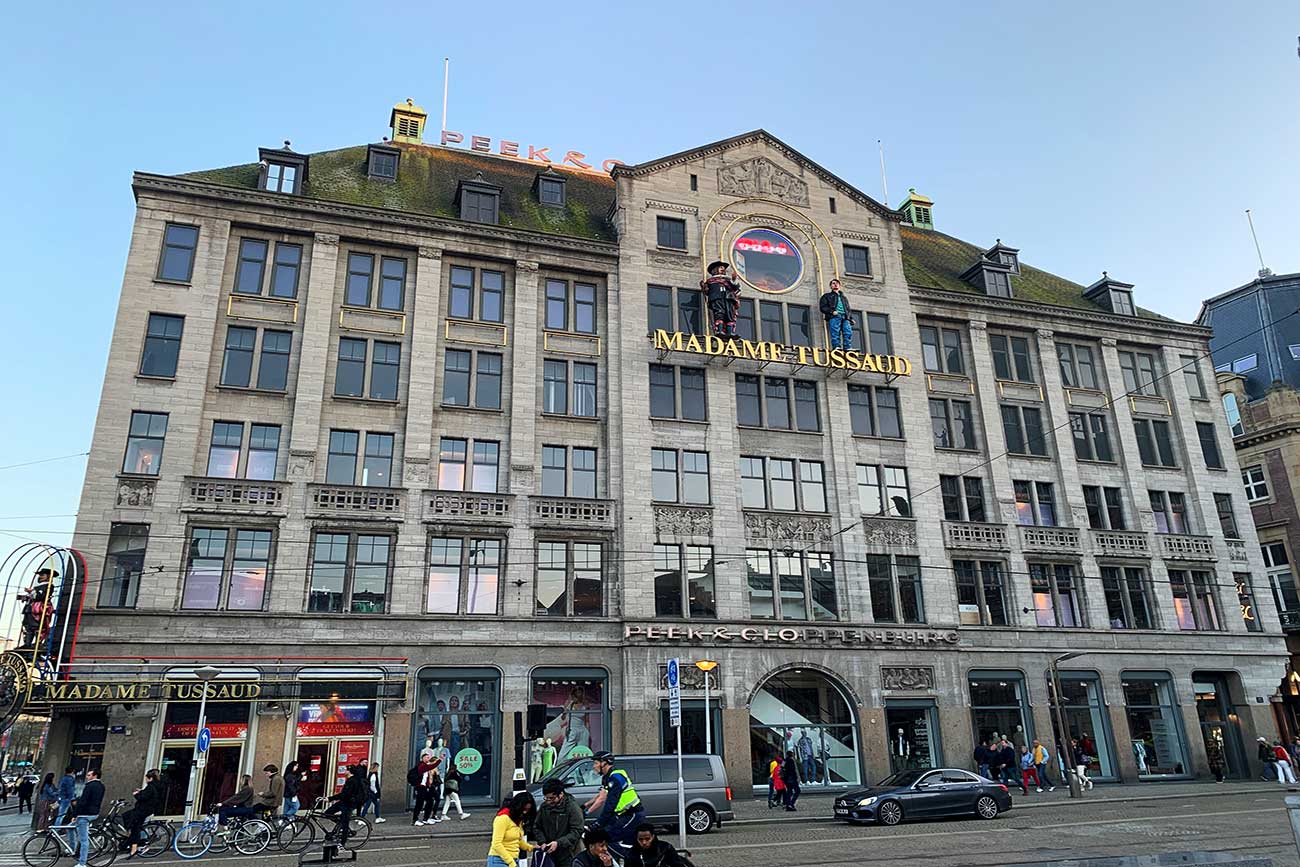With the case of COVID-19 still, an ongoing issue in the Philippines, anyone who thinks of traveling locally might find themselves faced with requirements before being given passage to their intended destination.
The requisites to allow for entry in any city or province may vary, depending on the local government unit tasked with overseeing their respective jurisdiction. However, there are still things travelers ought to consider to prevent the hassle of the remaining restrictions.
Here are the newly imposed travel mandates as of March 2021:
RT-PCR Test
Otherwise known as the “swab test,” reverse transcription-polymerase chain reaction (RT-PCR) remains to be a government-mandated requirement at the LGU level, despite IATF Resolution No. 101 that states otherwise. To see whether a document telling you are RT-PCR negative is a requirement, better consult your area of destination’s LGU.
Equipment essentials
Do not forget to gear yourself with crucial equipment, like a face mask and face shield, as these are still enforced among people hitting the road.
Physical distancing
As inevitable as coming across people as you travel, do not forget to set a considerable distance from other individuals to offset the possibility of infection.
No Longer Enforced
Prohibitions in travel have slowly eased up. Consequently, this meant that the following previously mandated documents are no longer required:
• Blanket quarantine
Unless you are displaying symptoms that may be suspected as a case of COVID-19, going on a blanket quarantine upon arrival to the destination is no longer necessary.
• Travel authority and health certificates
The Inter-agency Task Force on Emerging Infectious Diseases (IATF-EID) formerly and the national government formally demanded a travel authority and health certificates for local travels, respectively. This is no longer the case.










